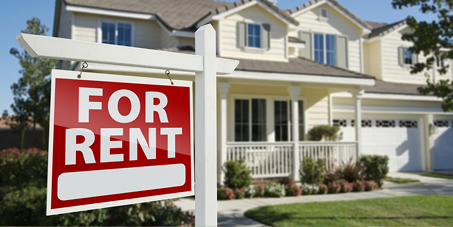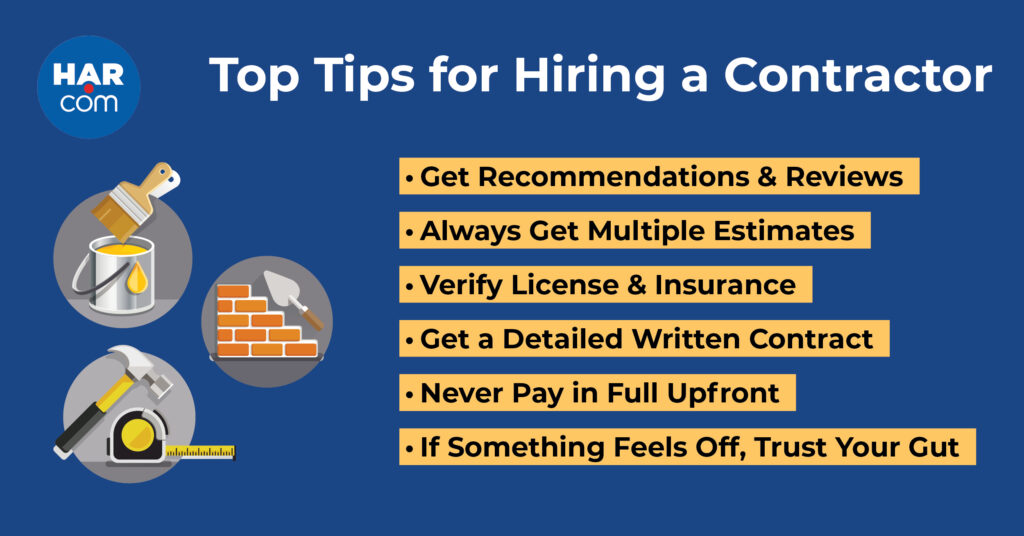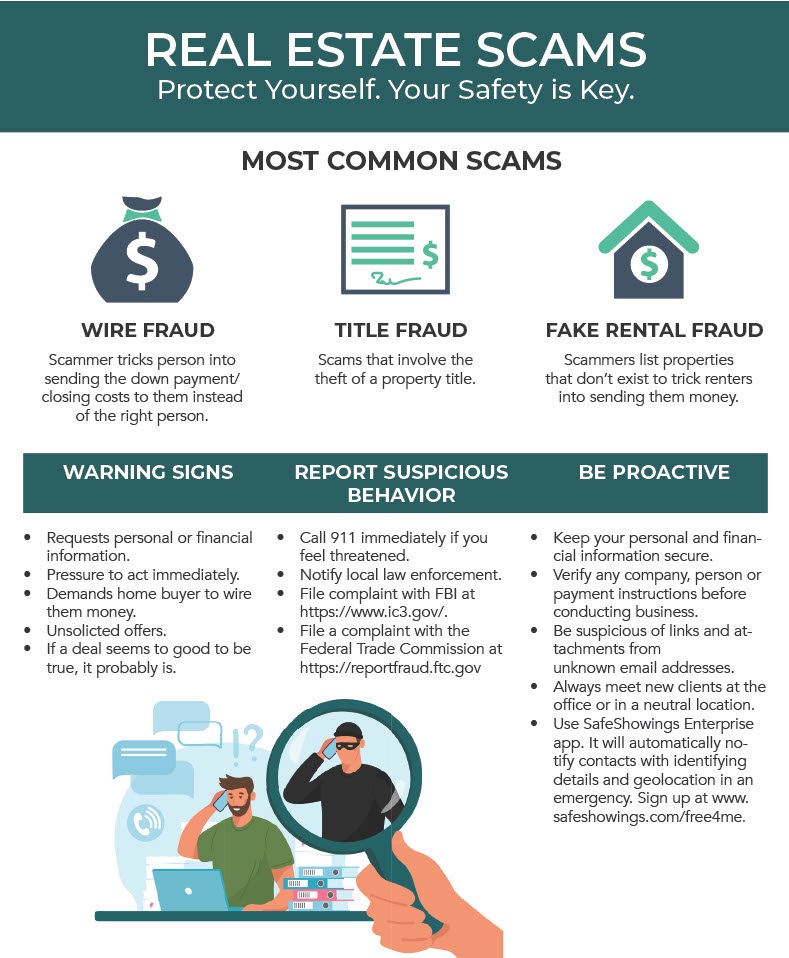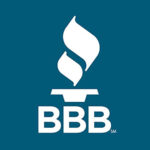
Rental Scams
With the tight housing market and rising rental costs, scammers are taking notice. It’s important to protect yourself when looking for a rental property.

The Red Flags & How to Avoid Them
Investigate Listings
Go to a local real estate website like HAR.com to make sure the property you are seeing online is legitimate. You can also do a quick online search for the listing and the owner’s email address and phone number. If you find the same property listed in other cities, that’s a big red flag.
Confirm Listing Agent’s Credentials
Check the listing agent’s credentials online with the Texas Real Estate Commission or Houston Association of REALTORS®.
See The Property In Person
Do not send money to someone you’ve never met for a property you have not seen in person. If you cannot visit the property in person, ask someone you trust to check it out. If a landlord refuses to meet you or show the listing through anything other than photos, then it is likely a scam.
Do Not Pay Large Sum of Money Upfront
The most common rental scam involves asking you to pay a large sum of money upfront before even meeting you in person or showing you the listing. Application fees are normal in the renting process, but it is not normal for a landlord to ask for a security deposit or first month’s rent before you sign a lease. Also, do not wire transfer money. Usually, legitimate property owners will ask for a cashier’s check made payable to a certain individual and/or a brokerage company.
Rent Appears Too Low
It is rare for properties to be priced at a significantly lower rental rate compared to similar properties. Check the market rental rates in the area. Like the old saying goes, “if it seems too good to be true, then it probably is.”
Contractor Scams
Need to make repairs or looking to renovate your home? While contractors can transform your space, unfortunately, not all contractors are created equal. HAR is helping you know the red flags to look out for so you do not fall victim to a scam that could cost you time, money and peace of mind.
Common Contractor Scams
Upfront Payment Demands
Legitimate contractors typically request a reasonable deposit, not the full amount upfront. Beware of anyone pressuring you for a large down payment before work begins.
Slow Progress & Disappearing Acts
Beware of contractors who start a project and then stall, become unreachable, or deliver shoddy work.
Unrealistic Estimates & Surprise Costs
Always get multiple written estimates and compare them thoroughly. Beware of contractors offering suspiciously low bids or adding significant hidden costs later.
Unlicensed & Uninsured Operations
Working with unlicensed or uninsured contractors is a recipe for disaster. Verify the contractor’s license and confirm they carry general liability and worker’s compensation insurance.
Rushed Contracts & Pressured Decisions
Don’t be pressured into signing contracts on the spot. Take your time, read the fine print, and understand the terms before committing.
Phony Permits & Inspections
Contractors are responsible for obtaining necessary permits and scheduling inspections. Don’t be fooled by promises to “handle it” without proper paperwork.






